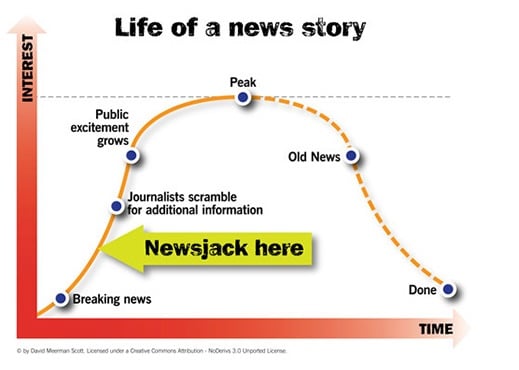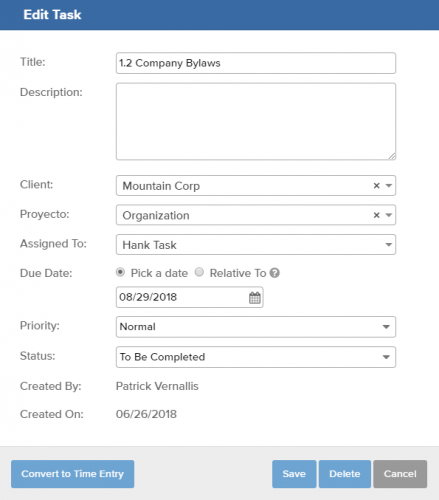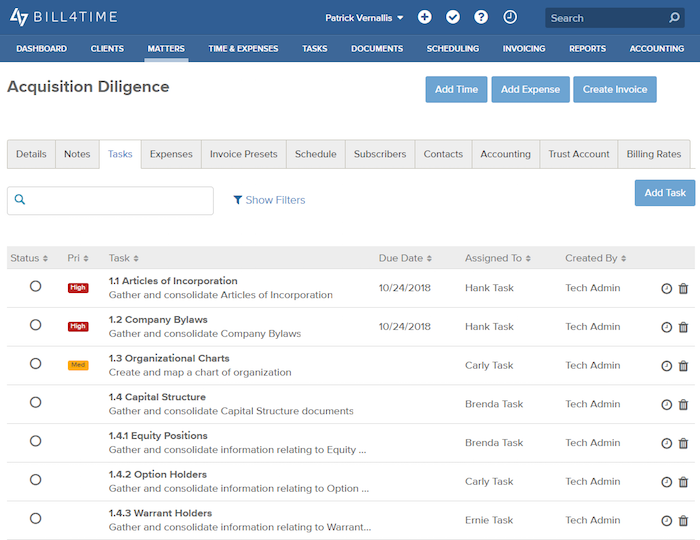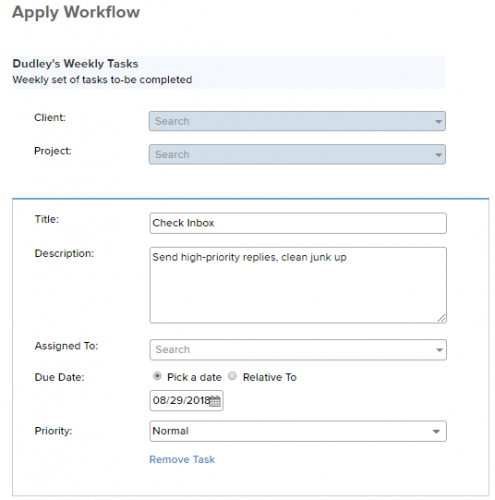
You’re sitting on a gold mine.
A digital treasure chest full of important data. You have access to incredibly sensitive data; medical records, bank and financial data, IP, even corporate and government secrets.
You’re outstanding at your job.
How good are you at protecting your firm’s data? If you’re like most firms, the answer is frightening.
The vast majority of firms are vulnerable
A recent report from LogicForce found that law firms were unprepared for the cyber threats they face. Some major findings from their report:
- 10,000 intrusions/attacks targeting law firms occur on a daily basis
- Solo, small and large firms are equally at risk
- Attackers are aggressively targeting law firms and their data
- 95 percent of assessed firms don’t comply with their own data security policies
- 100 percent of the firms surveyed were not compliant with their client’s data security policies
- 40 percent of firms weren’t even aware they were breached
In fact, a whopping 4.2 billion records were compromised across 4,169 confirmed breaches in 2016. The size of your firm, your revenues, status or performance doesn’t matter.
Only one thing matters.
Data. If you have access to private or potentially sensitive data malicious threat actors want it. They’re willing to lie, cheat and steal from you to get it.
Which is why you need a legal tech consultant
A legal tech consultant protects you from threats inside and outside your firm.
Only 23% of firms have cyber security insurance policies in place to protect their business. You protect your clients from harm. A legal tech consultant protects your firm from digital threats and the litigation that will surely follow if you fail.
This isn’t optional.
Twenty five states now have an ethical duty of technological competence.
Meaning what exactly?
California Bar Formal Opinion No. 2015-193
An attorney lacking the required competence for e-discovery issues has three options: (1.) acquire sufficient learning and skill before performance is required; (2.) associate with or consult technical consultants or competent counsel; or (3.) decline client representation
Alright.
Let’s say you’re convinced. You’re open to the idea of hiring a consultant for your firm.
What exactly do legal tech consultants do?
It’s fairly straightforward.
They handle complex technology tasks that an attorney cannot or should not handle themselves.
- Cloud and SaaS due diligence
- Disaster recovery planning
- Document management
- E-discovery
- Hardware selection/advisement
- Migrating data to new systems
- Network administration
- Security reviews
- Social media evidence gathering
- Software selection/advisement
- Trial technology preparation
Most firms aren’t focused on these items. When it comes up the response is predictable. Ignore these issues and hope the problem goes away.
It won’t.
This brings us to another question. What should you look for in a legal consultant?
The best legal tech consultants are dedicated
As an attorney you know your value.
An outstanding attorney is worth thousands, possibly millions in value – via reduced expenses, increased productivity or revenue generated.
Here’s the confusing part.
When many attorneys look for a consultant they look for the cheapest option they can find. Legal tech consultants provide your firm with the same things you provide to your clients.
Protection.
Say you’re ready to hire a consultant. What would you look for?
- They work with lawyers primarily or better yet, exclusively. They have a detailed understanding of your business. They know how law firms work, what attorneys need and how to provide it.
- No conflict of interest. Ideally, you’ll want to work with a consultant who works with multiple product vendors. This ensures their recommendations are a good fit for your firm.
- Have broad + precise experience to meet your needs. They’re capable with both cloud (Saas) offerings and on-premise solutions. They’re able to meet you where you are now, rather than forcing you into a solution that may not be right for you.
- Provide a clear plan of action. Your legal tech consultant can provide you with a 30, 60 and 90 day technology blueprint to protect your firm including: data breach and disaster recovery, service delivery, on-site and remote administration, etc.
- An outline of what they’ll provide. Will they focus on specialty areas like data security and network administration? Or will they also develop, host and manage your website? You’ll need a list of their capabilities up front.
- Prepare to scale your business. A good legal technology consultant knows how to prepare your business for growth. They’ll help you navigate through overlooked details like user rights management, compliance, data security and quality assurance.
- Go the extra mile with advanced services like litigation readiness assessments, threat readiness testing, intrusion detection and more.
- Work full time. Some professionals moonlight as legal tech consultants. They’re part timers or they have a day job. Working with these consultants means your firm’s stability is at the mercy of their day job or schedule. Instead, choose to work with full timers.
Make sense?
Next step. How do you go about finding a legal tech consultant?
Create a virtual bench to find the right consultants
You can use specialized platforms like ClearHub and Dice to find the people you need. You can use recruitment houses like Robert Half. You could use legal technology firms like NexFirm. Or, you can place job ads on sites like CareerBuilder, Monster and Indeed. Finding a legal tech consultant is easier when you know what you’re looking for.
You’ll need two things.
Major and minor work. Your minor work is simple work that doesn’t require a significant amount of trust or access.
Here’s how it works.
You hire consultants and you test them. Security reviews, disaster recovery plans, hardware and software recommendations are all great examples of minor projects.
It’s basically an audition.
But you only hire these recommended consultants on a freelance basis. You keep them on your virtual bench bringing them in from time to time. Then, once you have an opening, you open it up to your virtual bench.
When consultants compete, you win!
Your law firm is a gold mine
It needs to be protected.
Your firm is a treasure chest of valuable data. Most firms aren’t protected. They’re vulnerable and exposed. Law firms are targeted 10,000 times per day. It’s not a question of if you’re attacked but when.
A legal tech consultant is so much more.
Want your firm to grow? You’re going to need help. With the right legal tech consultant, you’ll have the tools and resources you need to protect your firm and your gold mine.







 Update 10/9/2018:
Update 10/9/2018: 

 As an experienced practitioner, you know that while each client may be unique – their projects can often be handled in the same way. Even though you’re designing a workflow for projects you expect to handle similarly, the Task Workflows setup allows you to account for variations in the client and project. So if you need to observe a holiday, an expedited time frame, or delegate beyond the norm – Bill4Time’s Task Workflows feature enables you to apply a workflow and override the template of tasks to better align each task to any unique needs of a project.
As an experienced practitioner, you know that while each client may be unique – their projects can often be handled in the same way. Even though you’re designing a workflow for projects you expect to handle similarly, the Task Workflows setup allows you to account for variations in the client and project. So if you need to observe a holiday, an expedited time frame, or delegate beyond the norm – Bill4Time’s Task Workflows feature enables you to apply a workflow and override the template of tasks to better align each task to any unique needs of a project.